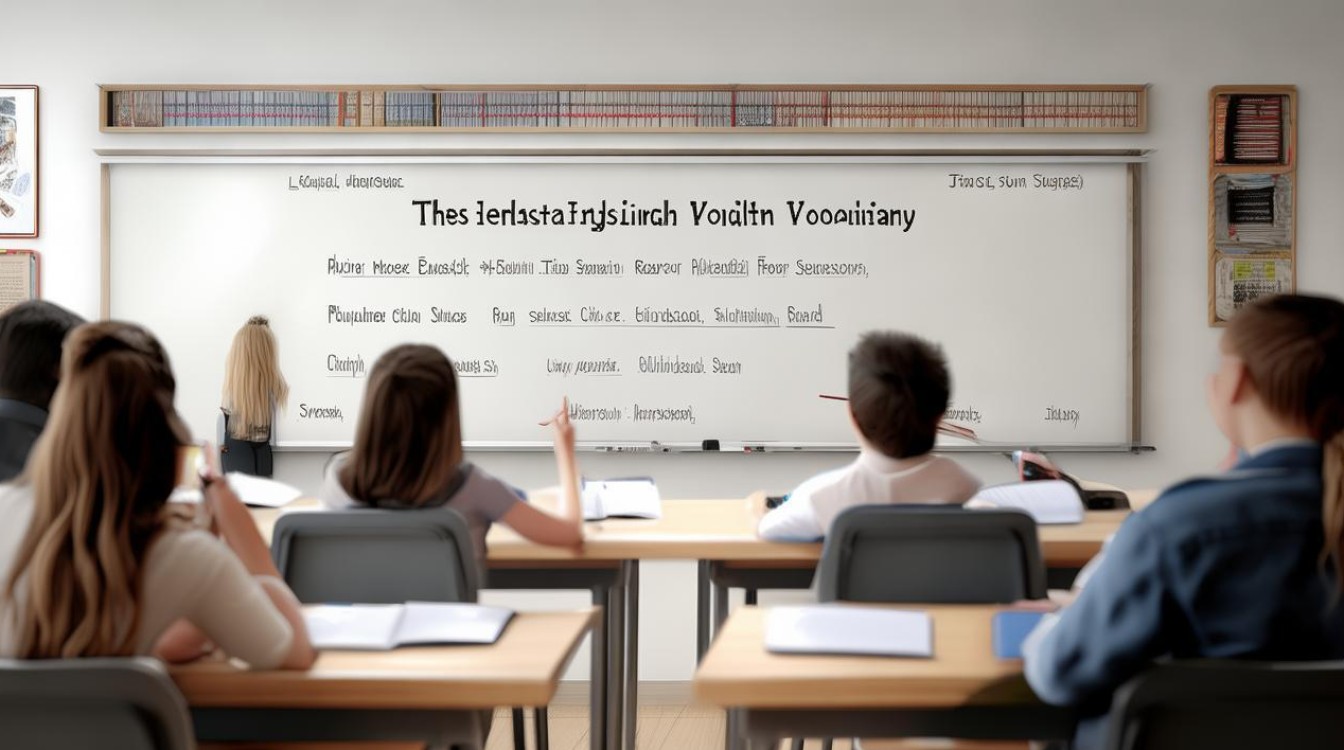Customer service is the backbone of any successful business. Whether you're handling inquiries, resolving complaints, or providing support, having a strong command of customer service-related English vocabulary is crucial. This guide covers key terms and phrases that will help professionals communicate effectively with clients, improve service quality, and enhance customer satisfaction.

General Customer Service Terms
- Customer Support – Assistance provided to users before, during, or after a purchase.
- Helpdesk – A department or service that handles customer inquiries and technical issues.
- Client/Customer – The person or company receiving services or purchasing products.
- End User – The final consumer who uses a product or service.
- Feedback – Opinions or suggestions provided by customers about their experience.
- SLA (Service Level Agreement) – A contract defining the expected level of service between a provider and a client.
Communication & Interaction
Effective communication is vital in customer service. Here are some essential words and phrases:
- Greeting – A polite way to welcome a customer (e.g., "Hello, how can I assist you today?").
- Active Listening – Fully concentrating on what the customer is saying rather than just passively hearing.
- Empathy – Understanding and sharing the feelings of the customer.
- Tone – The attitude conveyed in written or spoken communication (e.g., friendly, professional, apologetic).
- Follow-up – Checking back with a customer after an interaction to ensure satisfaction.
Handling Complaints & Issues
Dealing with dissatisfied customers requires tact and professionalism. Key terms include:
- Complaint – An expression of dissatisfaction from a customer.
- Resolution – The act of solving a problem or dispute.
- Refund – Returning money to a customer due to dissatisfaction or error.
- Compensation – Offering something (discount, free service) to make up for a mistake.
- Escalation – Transferring an issue to a higher authority when it cannot be resolved at the current level.
Technical Support & Troubleshooting
For IT and tech-related customer service, these terms are essential:

- Bug – A flaw in software causing unexpected behavior.
- Patch – A small update to fix issues in a program.
- Downtime – Period when a system or service is unavailable.
- Troubleshooting – The process of diagnosing and resolving technical problems.
- FAQ (Frequently Asked Questions) – A list of common queries and answers for quick reference.
Sales & Retention
Retaining customers is just as important as acquiring new ones. Useful vocabulary includes:
- Upselling – Encouraging customers to purchase a higher-end product or additional features.
- Cross-selling – Suggesting complementary products or services.
- Loyalty Program – Rewards system to encourage repeat business.
- Churn Rate – The percentage of customers who stop using a service over a given period.
- Retention Strategy – Methods used to keep customers engaged and satisfied.
Digital & Remote Support
With the rise of online services, these terms are increasingly relevant:
- Live Chat – Real-time messaging support on websites or apps.
- Ticket System – A platform for tracking and managing customer requests.
- Knowledge Base – A centralized repository of information for self-service support.
- Bot/Chatbot – Automated software that interacts with customers via chat.
- Omnichannel Support – Providing seamless service across multiple platforms (email, phone, chat, social media).
Positive Customer Service Phrases
Using the right language can improve customer interactions. Some helpful phrases:

- "How may I assist you today?" – A polite way to start a conversation.
- "I completely understand your concern." – Shows empathy.
- "Let me look into this for you." – Indicates proactive problem-solving.
- "Thank you for your patience." – Acknowledges the customer’s time.
- "Is there anything else I can help you with?" – Encourages further engagement.
Negative Phrases to Avoid
Certain phrases can frustrate customers. Avoid:
- "That’s not my job." – Shifts responsibility instead of helping.
- "I don’t know." – Better to say, "Let me find out for you."
- "You should have read the instructions." – Blames the customer.
- "We can’t do that." – Instead, offer alternatives.
Industry-Specific Terms
Different sectors have unique customer service terminology:
- Hospitality: Check-in, concierge, room service, amenities.
- E-commerce: Order tracking, return policy, wishlist, cart abandonment.
- Banking: Wire transfer, overdraft, interest rate, fraud alert.
- Telecom: Data plan, roaming, bandwidth, latency.
Improving Customer Service Skills
Mastering these terms is just the beginning. To excel in customer service:

- Stay updated – Language evolves, and so do customer expectations.
- Practice active listening – Understand before responding.
- Be patient and polite – Even in difficult situations.
- Use positive language – Frame solutions optimistically.
- Seek feedback – Continuously improve based on customer input.
Customer service is more than just solving problems—it’s about building trust and long-term relationships. A strong vocabulary helps professionals communicate clearly, resolve issues efficiently, and leave customers feeling valued. Whether you're new to the field or a seasoned expert, refining your language skills will enhance your ability to deliver exceptional service.

